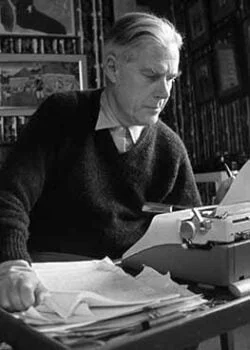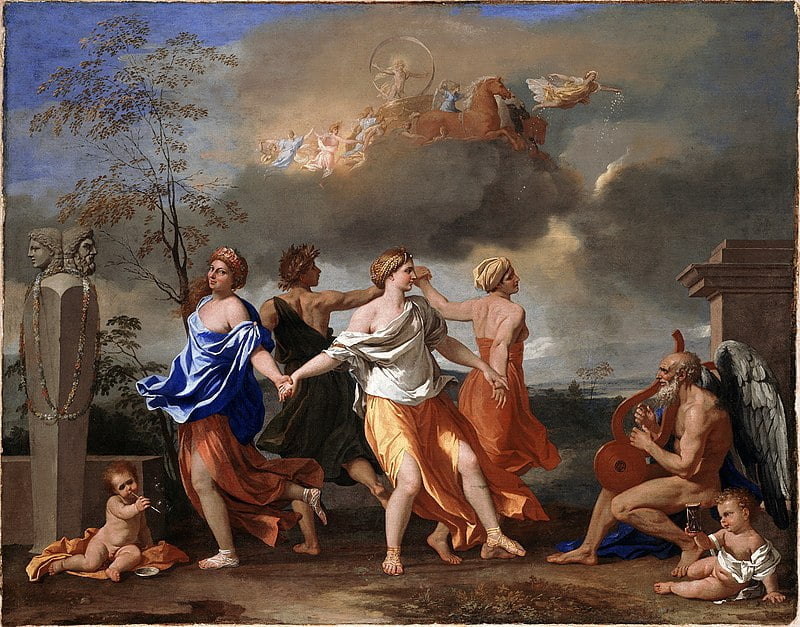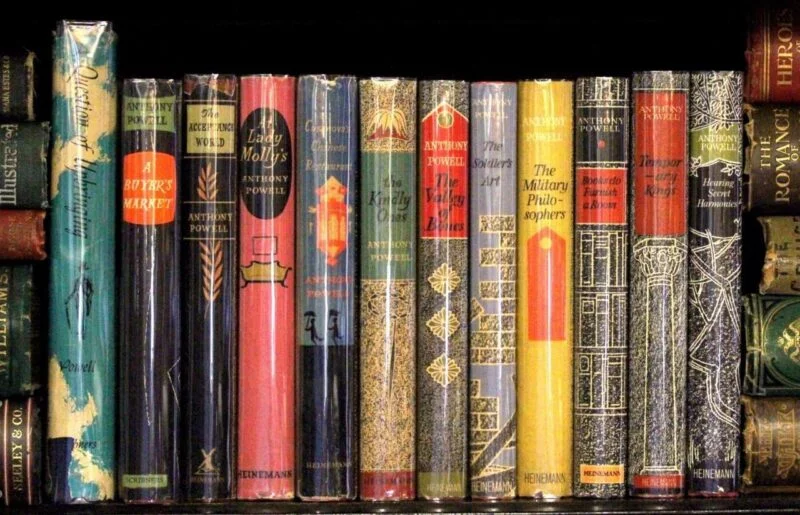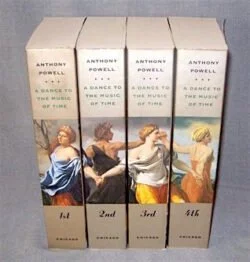#993 Letters from the Pandemic 7: Dear Roger and David
Letters from the Pandemic 7: Dear Roger and David
by Max Wyman
*
This letter to his childhood friends in England by Max Wyman is one of a series of Letters from the Pandemic published in the Graduate Liberal Studies Journal, hosted by The Ormsby Review. The entire series of letters can be seen here. – Ed.
*
Dear Roger and David,

Thanks so much for your update, and our commiserations re Hannibal’s unfortunate encounter with the snowplough. He was a lovely dog.
We’ve been fortunate that the only significant effect of the pestilence on our lives is the curtailment of travel. As I must have mentioned before, I don’t plan to pop off until the number of years I’ve lived exceeds the number of countries I’ve visited. Much have we travel’d in the realms of gold, and many goodly states and kingdoms seen, and we were all set to add three or four more to the total in 2020. ’Twas not to be. Fortunately I’m still four or five countries on the plus side of the ledger, so we have a little breathing-space until the world opens up again.
I’ve used the opportunity to reconnect with A Dance to the Music of Time, Anthony Powell’s historico-comic magnum opus — all 12 novels of it! — on English manners and morals in the 20th century. You remember how we silly schoolboys created the Widmerpool Society, in mocking honour of one of Powell’s central figures? That was over sixty years ago; only the first few novels in the series had appeared. But we were fascinated — remember? — by Kenneth Widmerpool, the ultimate awkward schoolboy, with his metal-rimmed spectacles and “the wrong kind of overcoat.” World-weary beyond our years, poseurs-in-waiting, we awarded each other, and unsuspecting fellow students, Widmerpoints, according to the ways our behaviour or character matched up with his. We called it the Table of Shame.

Important people have lavished all kinds of praise on Powell’s epic — best-ever depiction of English society in change, and so on. It’s immensely readable; his style is so languid and embracing that the flow of characters and narrative carries you along as if you’re gliding under the willows on a sunny afternoon, a bottle of champagne tied off the back of the punt to keep it cool (remember?).
But for me — still wrestling with my massive memoir (currently 350,000 words and counting!) — what’s been most profound about reading the whole thing in a single burst at this point in my life is the discovery of how much he has to say about, well, what I’m writing about. The delightful, terrifying, entirely unpredictable mysteries of life and other people.
Powell explains how looking at the Poussin painting that gives the series its name brought thoughts of mortality: of human beings … moving hand in hand in intricate measure, stepping slowly, methodically, sometimes a trifle awkwardly … or breaking into seemingly meaningless gyrations, while partners disappear only to reappear again … unable to control the melody, unable, perhaps, to control the steps of the dance.



That’s exactly how this great, interwoven tapestry of people and incident and accident evolves. And isn’t that really how life is? The world is filled with people in search of meaning that transcends the everyday, looking for justification, even a hint of explanation would do, for the life we have been given, for the lives we live, and for the lives that are taken away (and sickness and war scythe relentlessly at Powell’s people). Most of us, somewhere in us, long for an inkling of personal grace. We all hope to make a difference, however slight. We hope for wisdom.
But I think Powell is telling us that for all our reaching and hoping, nothing is for certain, there are no promises that anything will turn out as we hope or wish, nor should we expect it to: the simple chance to dance to the music of Time is gift enough. Not to put too Zen a point on it, the being is the prize.

None of us matter, after all, in the great scheme of things. Chopin and Chagall and Schopenhauer, all the places and people we held in our secret hearts, everything that makes the lives we live so difficult to navigate and so precious, truth and justice and decency, envy and love and desire, all the things that matter enormously and all the things that don’t matter at all, even memory itself … it will all be gone soon enough. We are just incidentals with privilege, the privilege of being here, and we must celebrate that good fortune, that marvellous gift of living in this glorious world, in every corner of our soiled beings, our muddied souls, with all the grace and gratitude that we can. The journey is where the bliss is found.
Powell never comes right out and says these things, of course, because he’s not that kind of writer, but I think that’s what he’s telling us. But don’t take my word for it (not that you ever have). I’m sending you A Dance to the Music of Time as Christmas/birthdays gifts for this year and next (four three-volume paperbacks, the only edition I can afford) so you can judge for yourselves. Let me know what you think. And again, sorry about Hannibal.
As ever, m
*

Max Wyman was born and educated in England and emigrated to Canada in 1967. He wrote arts criticism and commentary for The Vancouver Sun and The Province for four decades; his books on the arts include Dance Canada: An Illustrated History and The Defiant Imagination: Why Culture Matters. He served on the board of the Canada Council for the Arts and was President of the Canadian Commission for UNESCO. An Officer of the Order of Canada, he holds an honorary D. Litt. from SFU, and was among the founding cohort of GLS Shadbolt Community Scholars. The Max Wyman Award in Critical Writing, a $5,000 annual prize established by Yosef Wosk in 2017, is part of the Jack and Doris Shadbolt Foundation’s VIVA suite of awards.
*
Editor’s note: to view all the “Letters from the Pandemic” in the Graduate Liberal Studies Journal, see here.
*
The Ormsby Review. More Books. More Reviews. More Often.
Publisher and Editor: Richard Mackie
The Ormsby Review is a journal service for in-depth coverage of B.C. books and authors. The Advisory Board consists of Jean Barman, Robin Fisher, Cole Harris, Wade Davis, Hugh Johnston, Patricia Roy, David Stouck, and Graeme Wynn. Scholarly Patron: SFU Graduate Liberal Studies. Honorary Patron: Yosef Wosk. Provincial Government Patron since September 2018: Creative BC
“Only connect.” – E.M. Forster
2 comments on “#993 Letters from the Pandemic 7: Dear Roger and David”
What a delight to read! Poseurs-in-waiting! I have been wondering if the time had come to reread this series. Obviously, yes, the time has come — with music and dance.